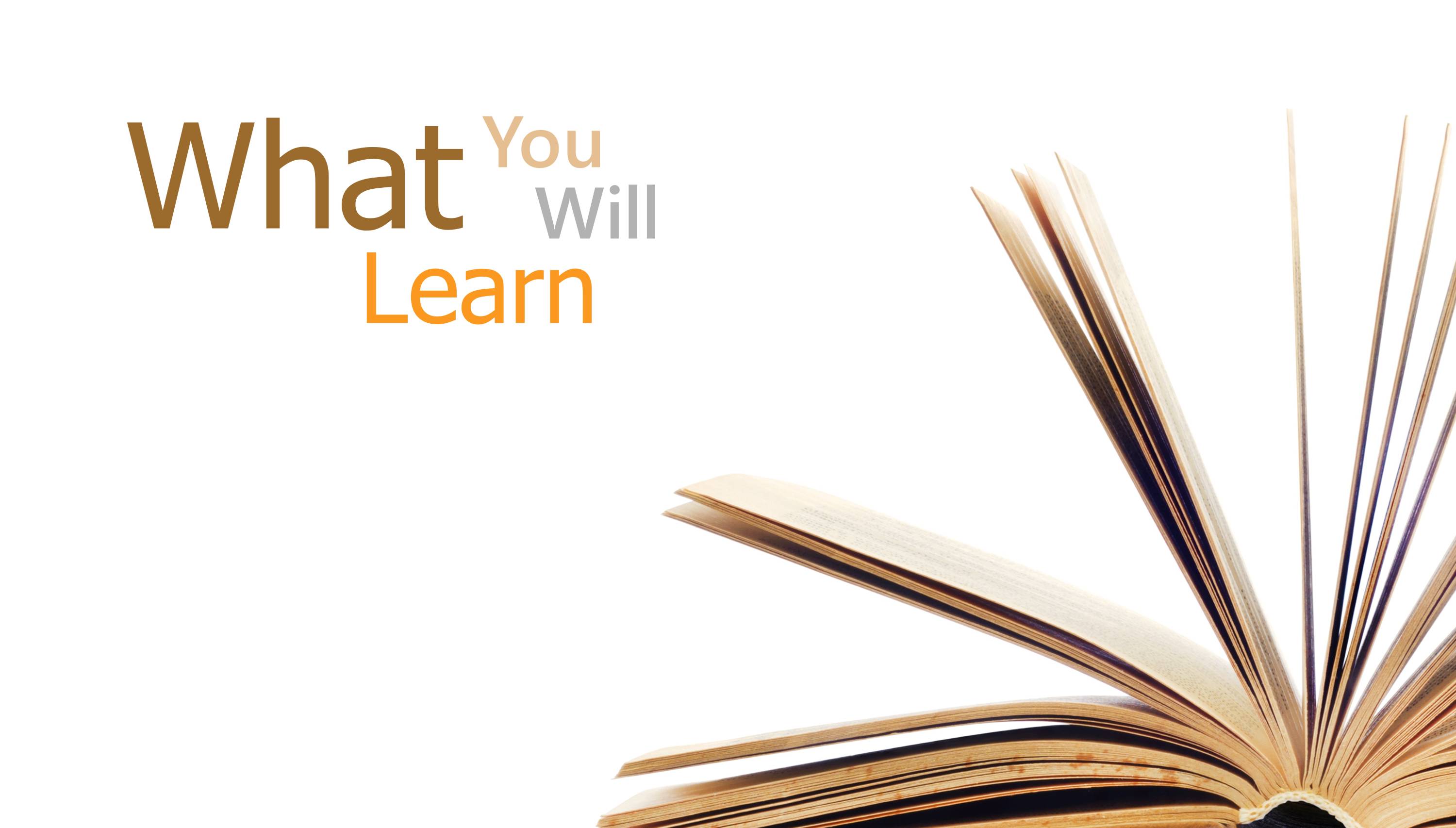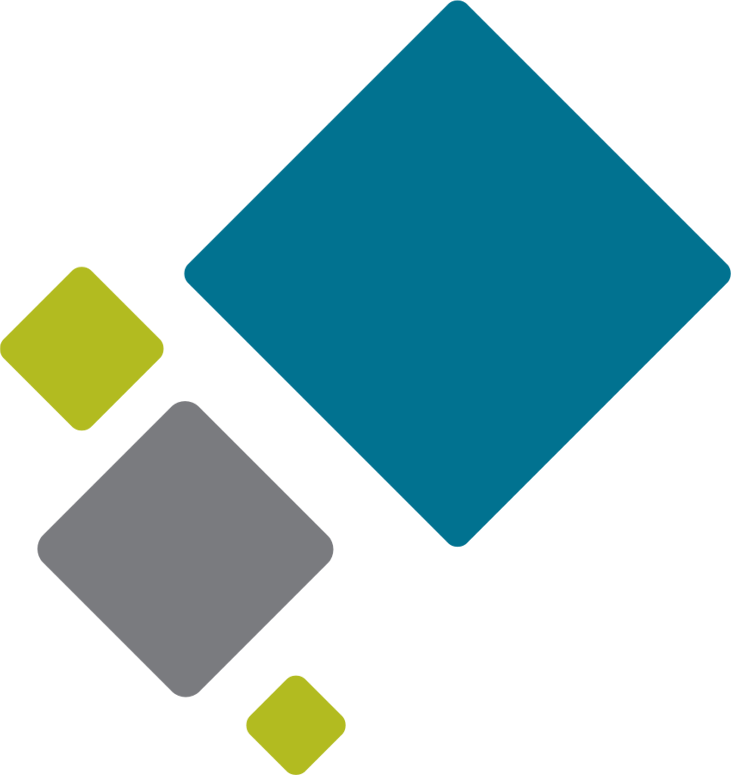
Communicating Effectively in the Workplace
When the pressure is on, communicating clearly can feel impossible. Maybe you’ve walked away from conversations feeling unheard, misinterpreted, or frustrated that your message didn’t land how you intended. Misunderstandings slow down work, create frustration, and leave you second guessing what you said. Across workplaces, unclear communication leads to wasted time, stalled projects, and missed opportunities. Meetings drag on without clear outcomes, and valuable ideas get lost. In fact, 86% of employees and executives say poor communication is a major cause of workplace failures (Salesforce, 2019).
Miscommunication doesn’t just waste time; it affects how teams work together. It weakens collaboration, erodes trust, and makes it harder for people to share ideas or solve problems. Strong communication is about more than speaking. It involves listening, adapting, and ensuring everyone has a chance to be heard. Miscommunication doesn’t just waste time; it weakens collaboration and erodes trust. Effective communication isn’t just about speaking; it’s about listening, adapting, and ensuring every voice is heard.
This interactive workshop provides practical tools to help you communicate clearly and confidently. You’ll learn to set clear goals, express your ideas effectively, and improve how you listen and respond. Through hands-on activities, you’ll practice giving and receiving constructive feedback, handling tough conversations with professionalism, and adjusting your message for different audiences.
By the end of the workshop, you will be more confident in your communication. You’ll have strategies to express yourself clearly, handle difficult conversations, and build stronger relationships at work.

- Set clear communication goals to ensure messages are effective and purposeful.
- Communicate clearly and professionally with colleagues, clients, and others.
- Recognize and overcome communication barriers to prevent misunderstandings.
- Give and receive constructive feedback to strengthen workplace relationships.
- Share ideas in ways that are clear, respectful, and easy to understand.
- Adapt messages for different audiences by choosing the right words and tone.
- Improve listening skills and read non-verbal cues to enhance understanding.
- Handle difficult conversations with professionalism and empathy.

This workshop is designed for professionals who want to improve their day-to-day communication and build stronger, more collaborative relationships at work. Whether leading team discussions, managing conflict, or trying to make their ideas heard, this session offers practical skills to improve communication and connection.
You should attend if you
- Leave conversations feeling misunderstood, unheard, or unsure if your message was clear
- Struggle to adapt your communication style to different people or situations
- Want to feel more confident giving feedback or handling difficult conversations
- Need to express ideas more clearly in meetings, emails, or presentations
- Are looking for ways to listen more actively and improve mutual understanding
- Work in roles where strong communication is key to success, such as leadership, customer service, project coordination, or team-based environments
After this session, you’ll have the tools to approach conversations more clearly and intentionally. You’ll be able to adjust your style, express your ideas more effectively, and build stronger relationships through everyday communication.

This workshop offers self-reflection, paired and group conversation, and hands-on communication practice. You’ll use workplace scenarios to test out ways of clarifying your message, listening more actively, and adapting your approach to different colleagues and situations. Activities invite you to pause and notice how your words and tone affect others, with space to adjust and try new strategies.
You’ll receive a workbook with reflection tools and planning resources to reinforce your practice after the session.
Workshop activities include
- Analyzing your communication habits through self-assessment
- Working through real-world communication scenarios
- Creating an audience profile to identify communication needs and tailor messaging
- Determining the best format to deliver your message
- Exploring factors that shape perspectives and identifying strategies for bridging differences
- Identifying barriers to effective listening
- Determining appropriate language for navigating challenging interactions
- Sharing feedback and insights in group discussions
- Creating a personal action plan





